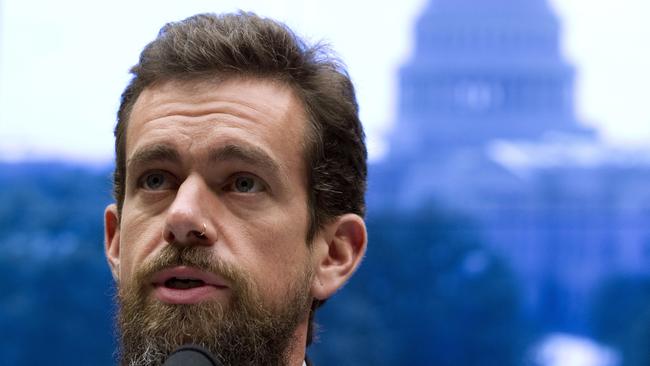Twitter, Facebook divided over ads
Twitter and Facebook are staking out starkly different positions on how to handle political ads.

Twitter and Facebook are staking out starkly different positions on how to handle political ads, but it is unclear how either approach will prevent the spread of misinformation.
Some social media websites have banned ads related to candidates, political parties and legislation. But blocking issues-based advertising, such as from advocacy groups or trade organisations, can be hard to enforce, tech executives and media buyers say.
Twitter said on Wednesday it would stop accepting political and issue ads — categories that comprise a fraction of the company’s total ad revenue — worldwide starting November 22, with exceptions such as those encouraging voter registration. Other platforms also allow ads relating to voter registration or mobilisation, but tech companies must consider who is paying for those ads and what words are used in them.
Twitter considered stopping only candidate ads but decided that issue ads presented a way to circumvent the ban, chief executive Jack Dorsey tweeted.
“Twitter has come up with the maximum response,” said Alex Stamos, a Stanford University adjunct professor who previously served as Facebook’s security chief. “That will get them the short-term PR benefits but might be much more difficult to enforce.”
For instance, he cited the grey area around blocking issue-focused ads, such as Nike’s ad featuring former NFL quarterback-turned-activist Colin Kaepernick.
Facebook continues to allow all political ads to run and doesn’t fact-check statements from politicians. On Wednesday CEO Mark Zuckerberg staunchly defended its stance and ad-transparency initiatives. “Google, YouTube and most internet platforms run these same ads, most cable networks run these same ads, and of course national broadcasters are required by law to run them by FCC regulations,” Mr Zuckerberg wrote in a Facebook post. “Would we really block ads for important political issues like climate change or women’s empowerment?”
Even Facebook’s more hands-off approach raises potential enforcement quandaries. Who qualifies for the fact-checking exemption given to politicians — and when — has not been spelled out, though Facebook has said it would not allow a California man who announced a political campaign solely for the purpose of running fake advertisements to take advantage of the exemption.
The scrutiny on digital political speech comes as politicians criticise companies for not being responsive enough in stopping the spread of misleading information in past US elections.
Social platforms, including Twitch, video-sharing app TikTok, and Pinterest, each have policies blocking political advertising. But that hasn’t stopped candidates, campaign staffers and digital-media buyers finding potential loopholes to advertise or otherwise get more attention on the apps or websites.
Digital political ad spending is expected to reach roughly $US2.9bn ($4.2bn) for next year’s election, more than double that spent in 2016, according to consulting firm Borrell Associates.
The media buyer for Priorities USA, a progressive super political-action committee, several times reached out to Pinterest about running ads in the 2018 election in efforts to reach middle-aged suburban women, sources familiar with the matter said.
Pinterest initially told Bully Pulpit Interactive, the media buyer, it was still figuring out its policy and would not give a decision right away. It later said it wasn’t going to allow political ads, sources said. Bully Pulpit over about six months pitched several different concepts that “weren’t explicitly political” and were more focused on civics, one source said, but none panned out.
Twitch, whose parent company, Amazon, doesn’t accept political as, has said politicians aren’t allowed to buy or sell advertising on the app. But politicians can direct viewers to make donations elsewhere and it does allow ads in support of voter registration, a Twitch spokeswoman said.
Alex Kellner, managing director at Bully Pulpit Interactive who has worked on ad strategies for NextGen, said he would still try to buy ads on Twitch this cycle. “I would rather be told no than assuming I’m going to be,” he said.



To join the conversation, please log in. Don't have an account? Register
Join the conversation, you are commenting as Logout